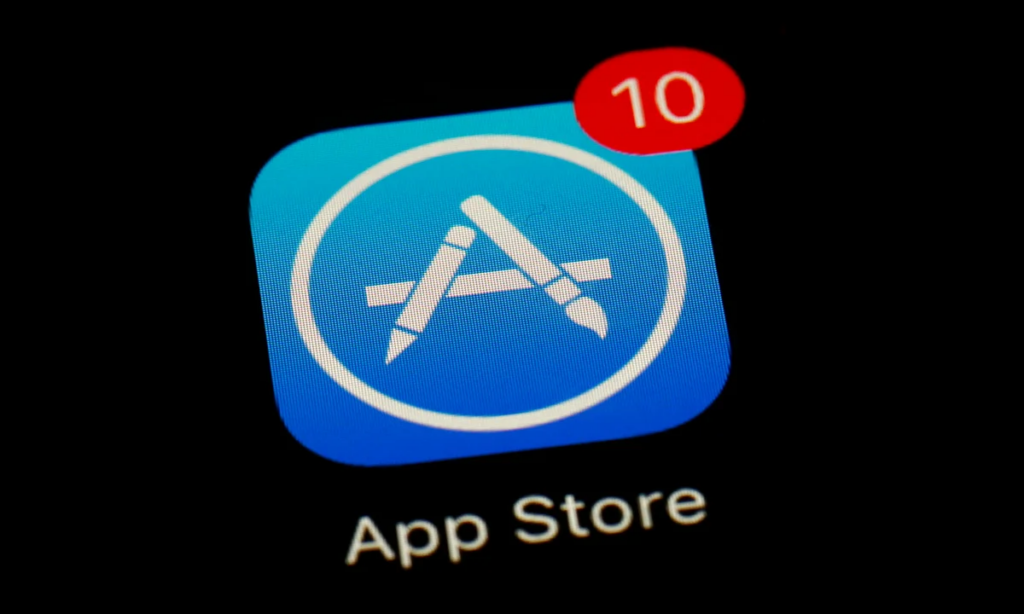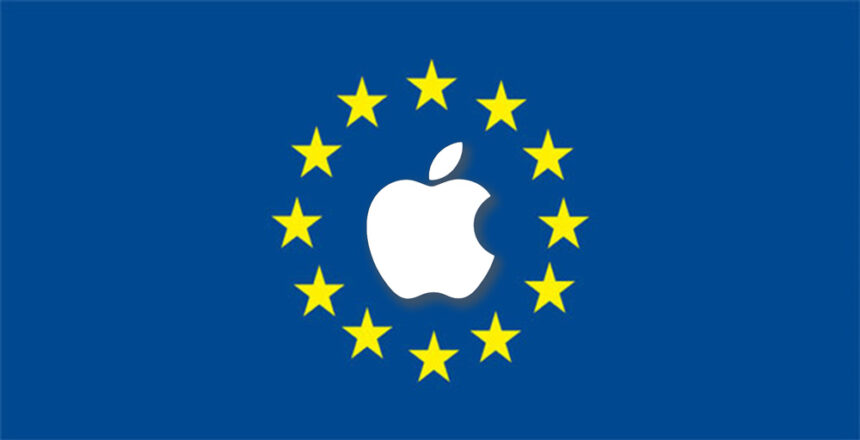The European Union (EU) is taking on Apple, requiring the tech giant to unlock key iPhone features for third-party developers and competitors. This move follows the enforcement of the Digital Markets Act (DMA), which seeks to create fair competition across digital platforms.
Regulators say Apple must allow rivals to access core iPhone functions like the App Store, Siri, FaceTime, and iMessage. The goal is to boost interoperability and ensure users and developers have freedom of choice when it comes to apps and services.
What’s Happening & Why This Matters
The DMA officially applies to Apple’s iOS, App Store, and Safari browser. The EU Commission is now pressing Apple to expose proprietary services such as FaceTime and Siri to competitors.
The Commission wants Apple to share technical information on iPhone functionalities considered “gatekeeper services.” This includes access to hardware features like the NFC chip, camera, and Bluetooth modules, which are crucial for app developers to deliver competitive services.
EU Internal Market Commissioner Thierry Breton stated, “Gatekeepers must allow seamless interaction between apps and platforms.” This comment underscores the EU’s effort to break walled gardens and give users more control.

Apple argues that its tight hardware and software integration ensures security and privacy. However, critics claim Apple is using this stance to stifle innovation and limit consumer choice.
As part of compliance, Apple may have to enable users to uninstall default apps, choose alternative app stores, and switch default services like browsers and email clients.
Apple has already introduced changes to comply with the DMA, including support for alternative payment systems and browser engines in iOS 17.4. Still, regulators are calling for further action.
Market Impact and Industry Reactions

Competitors and developers welcome the EU’s push. Companies like Spotify and Epic Games have long criticized Apple’s control over app distribution and fees.
Some experts warn that this level of transparency could expose security vulnerabilities. Others argue it’s a necessary shift to end monopolistic practices and allow open competition.
The DMA also targets other big tech firms like Google, Amazon, and Meta, but Apple’s iPhone ecosystem is drawing particular scrutiny.
The timeline for Apple’s full compliance is under EU review. Non-compliance could result in hefty fines of up to 10% of Apple’s global annual revenue.
TF Summary: What’s Next
The EU is pushing Apple to tear down its iPhone-walled garden and let in competitors. This could redefine mobile app ecosystems if fully enforced, giving developers more access and users more control. Apple’s response and any legal challenges will define how profound the DMA’s impact runs across the tech world.
— Text-to-Speech (TTS) provided by gspeech


